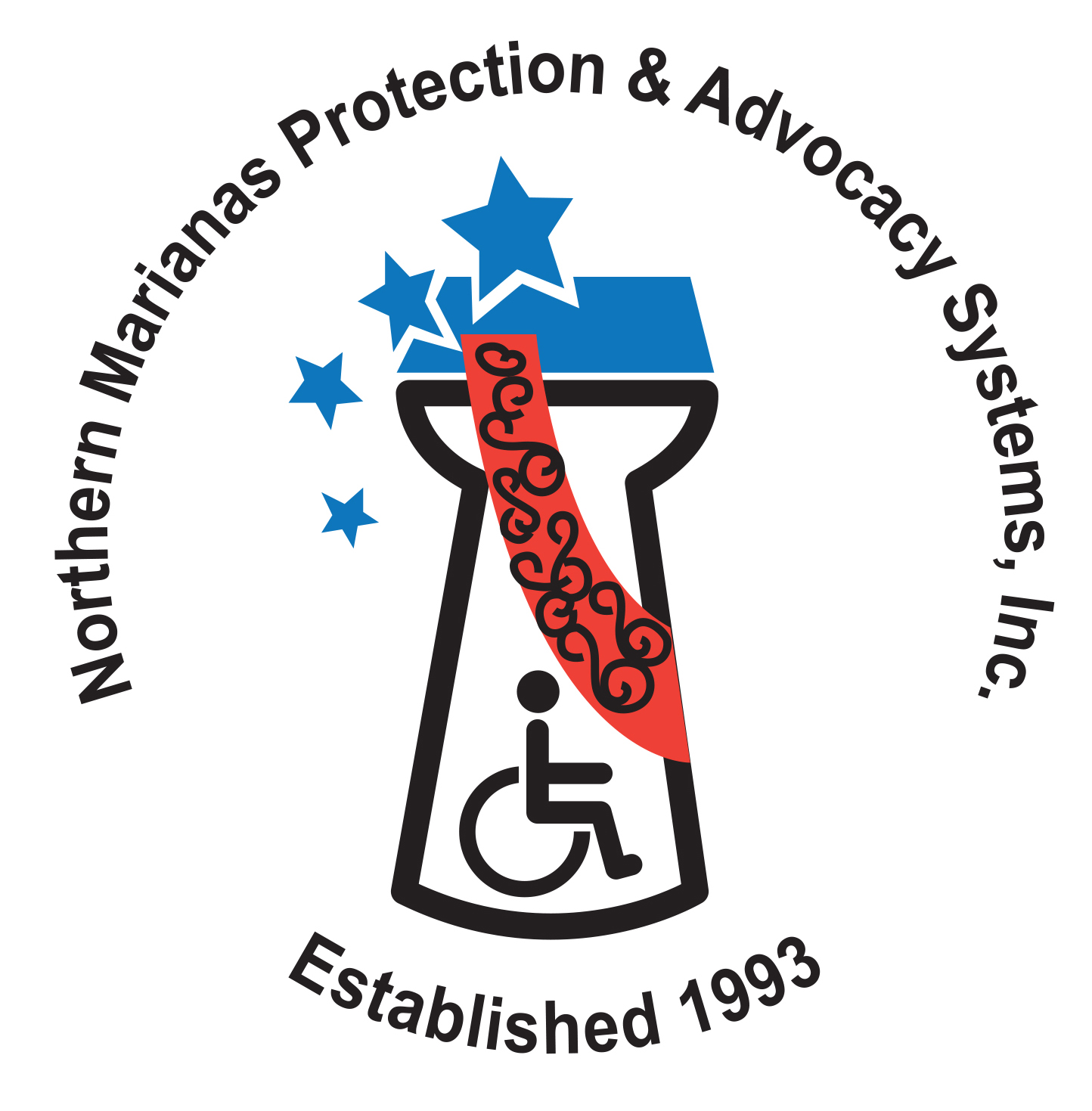JULY 26, 2017, marks the 27th anniversary of the Americans with Disabilities Act, commonly known as the ADA. Signed into law on July 26, 1990 by President George H.W. Bush, the ADA was created to ensure people with disabilities would not be discriminated against on the basis of disability in the areas of employment; access to our government, both local and Federal; and access to private businesses that serve our community.
To be considered a person with a disability, one must have a mental or physical impairment that substantially limits a major life activity. One may also acquire disabilities through several conditions that are prevalent in the CNMI, such as diabetes. Should an individual let their diabetes go unchecked, one may as a result lose one’s eyesight, which limits the ability to drive a car or watch a baseball game. Others may lose a limb due to amputation, resulting in inability walk.![]()
There are devices, like wheelchairs or eyeglasses, available to help people maintain or improve their abilities known as assistive technologies. There are times, however, when the use of these devices makes others not see us for who we are, but instead causes them to focus on the fact that we need these devices to make it through our day.
An employer may be hesitant to hire someone who uses a wheelchair, fearing that they would need to provide additional supports at high costs in order for the person to do the job they are required to do. We must keep in mind that, as long as a worker can perform the essential function of the job, there may not be a need to accommodate him.
The ADA was not created to place people with disabilities at a higher level than someone without disabilities; it was instead created to ensure that each American was given equal opportunity to succeed in our country and be kept free from prejudices that keep us separated from our fellow Americans.
The use of person-first language is encouraged when working with or for people with disabilities by promoting the idea that we are first and foremost people, and not defined by our limitations. Avoiding the use of words like “retarded” and “handicapped” to describe people goes a long way when promoting dignity and respect for one another.
Let us all celebrate this momentous day by doing the little things that prevent disability discrimination, like not parking in accessible parking stalls if we do not have an authorized placard and by showing each other the dignity that comes from being an American by staying away from hateful, hurtful words that are used to break people down.
For more information about the Americans with Disabilities Act and/or protections available under the ADA, please contact the Northern Marianas Protection & Advocacy Systems Inc. at 235-7273/4 or visit us online at www.nmpasi.org

